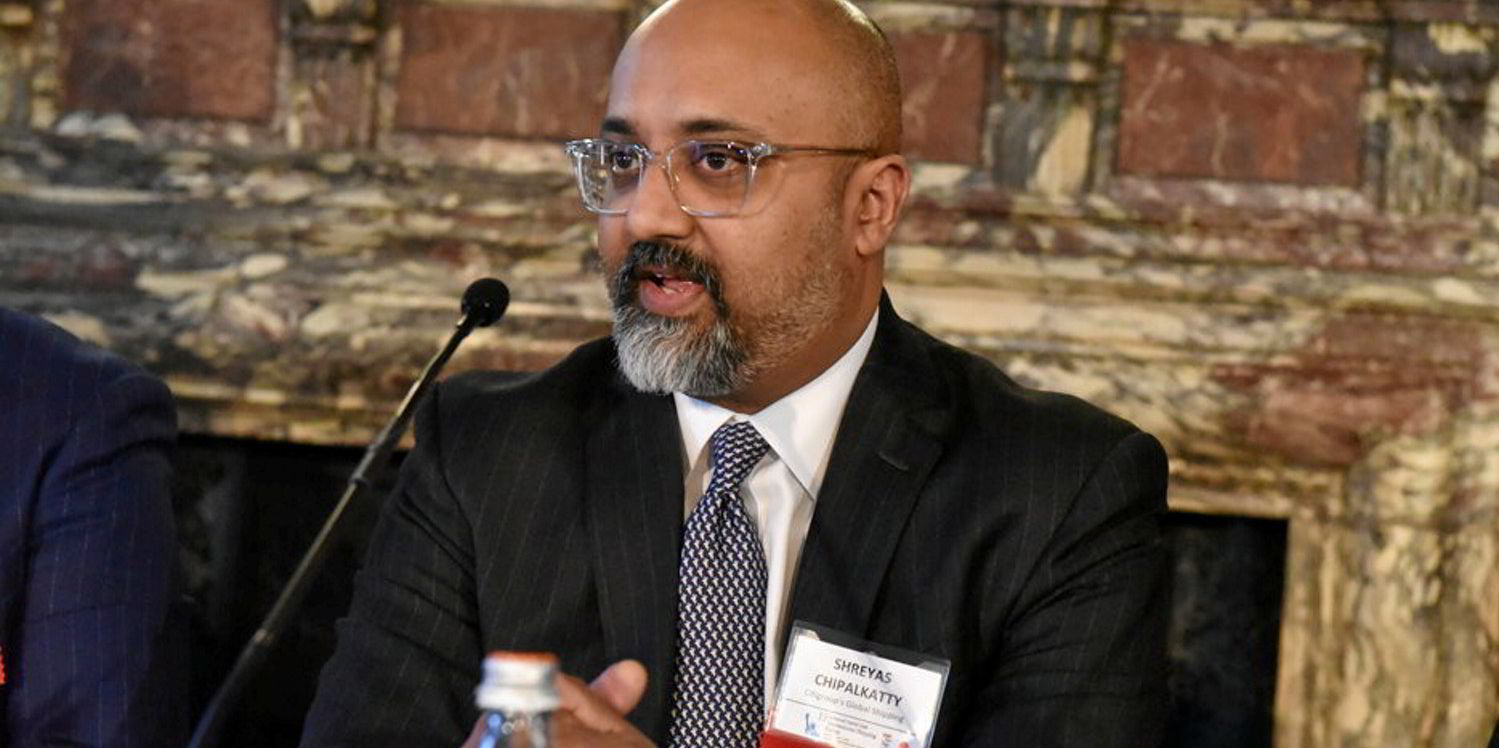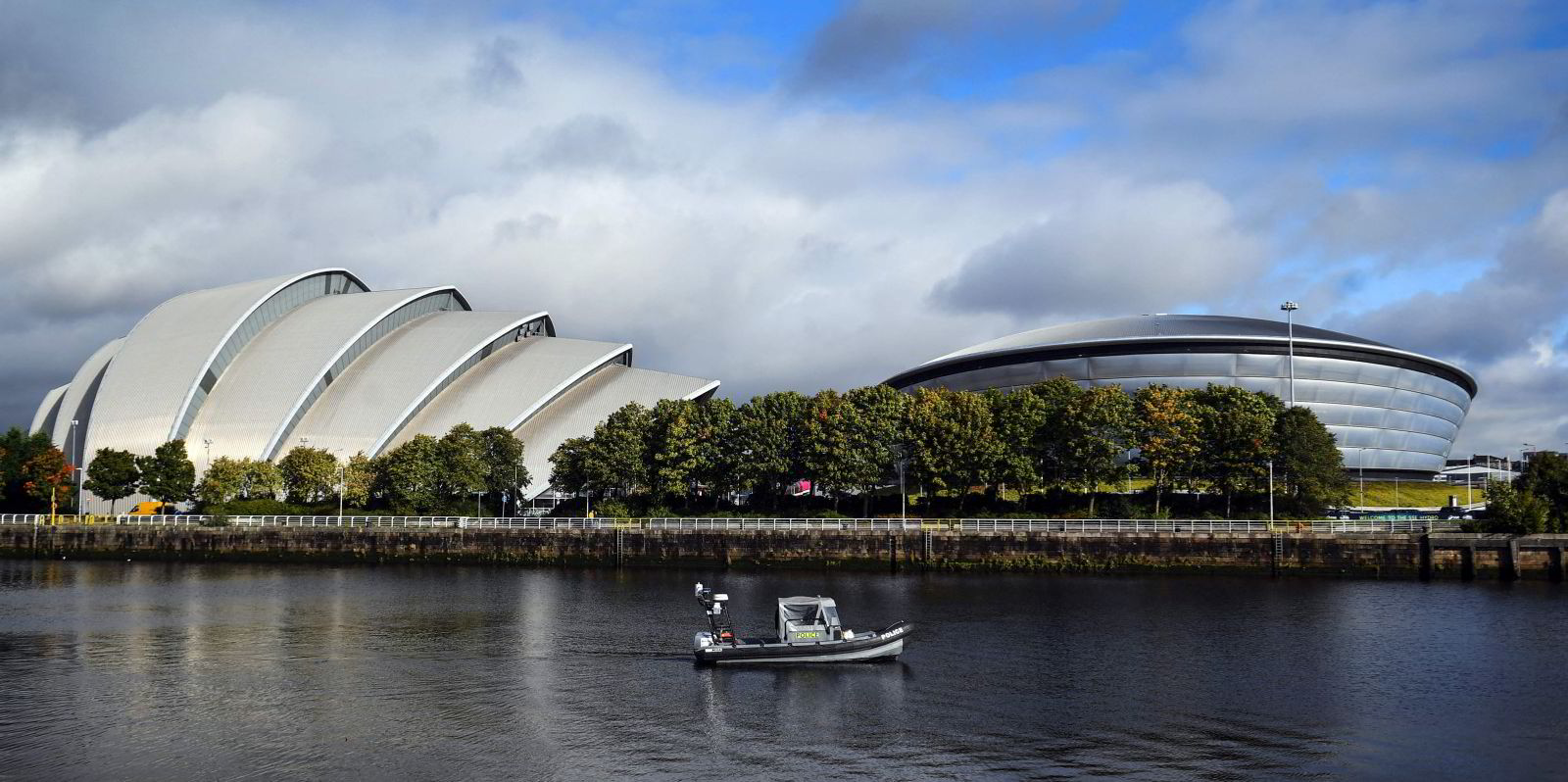Banks are on the horns of a dilemma when it comes to finance shipping's decarbonisation initiative, a panel of top financiers said on Tuesday.
The problem was laid out by Citi's Shreyas Chipalkatty, global head of shipping, in reply to what has been a classic question for lending panels over the years: are banks open to taking in new customers, or rather sticking to the lower risk entailed by an existing list of "Tier One" shipowners?
While the reality generally has been the latter for the lenders in recent years, Chipalkatty turned it to reflect shipping's current challenge to answer decarbonisation demands imposed by regulators.
"The straight answer is that everyone will stick to their Tier One clients. As you enter a period of volatility, it's kind of silly to enter business with people you don't know," Chipalkatty told the Capital Link panel's moderator, Daniel Rodgers of law firm Watson Farley Williams.
However, there's a second question around environmental, social and governance (ESG) issues, the banker said.
"But with ESG, you can't deal only with people you know. You can't shy away from dealing with smaller clients who might have innovative solutions," Chipalkatty said.

"The problem is that there is no way now to finance these smaller clients. Many don't even have three years of financial reports. So you need to do it was government support, with regulatory support. There's a lot of work to be done here on the question of how do we deal with decarbonisation while supporting new clients."
Chipalkatty was speaking on a lending panel as Capital Link's New York Maritime Forum, which is being held online again this year.
He suggested that loan guarantees through government export credit agencies (ECAs) could become part of the solution.
The Citi boss drew quick support from Christos Tsakonas, global head of shipping for DNB.
"Most banks including ourselves are comfortable with our existing client bases. In a period of uncertainty, you're not out there looking for new clients," Tsakonas said.
The DNB man noted that in many cases, it has been bigger shipowners who have taken initial steps to pursue a carbon solution.
"When it comes to smaller players, the bar is a little bit higher, an that is where you need structural support beyond what the banks can supply. We need to be there for them, but we need help from other stakeholders as well. You can't just depend on banks to make this happen," he said.
Berenburg's Philipp Wuenschmann, global head of shipping, said from his perspective as a financier of Tier Two shipowners that there is an additional question of financing secondhand vessels amid the mounting green pressures.
"Who will finance the secondhand vessels? We face the risk of a lost generation of vessels that today are five to 10 years old. We need support from public sources, but also from the industry itself. They have to explain how we run this fleet that's already existing," he said.







